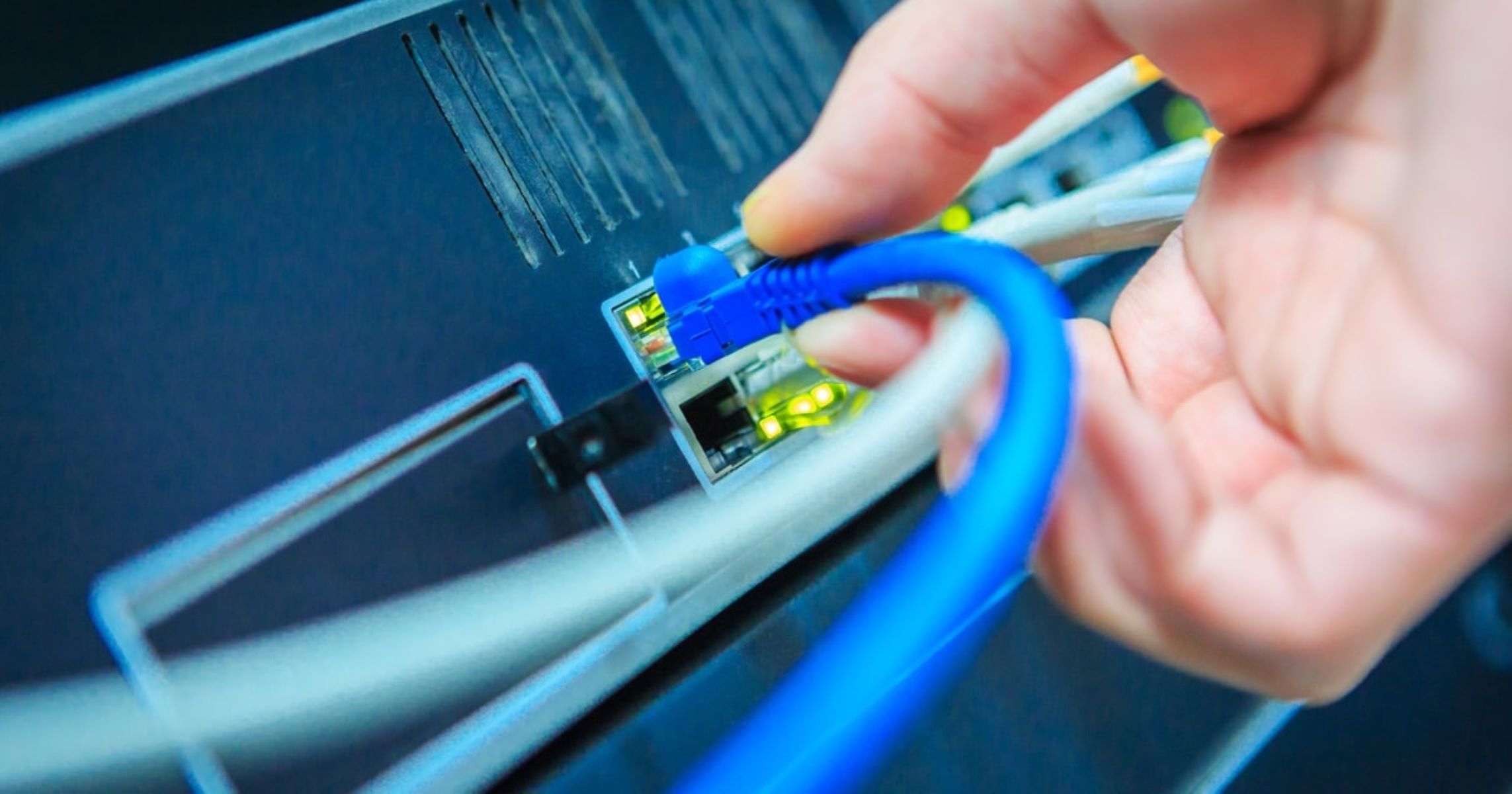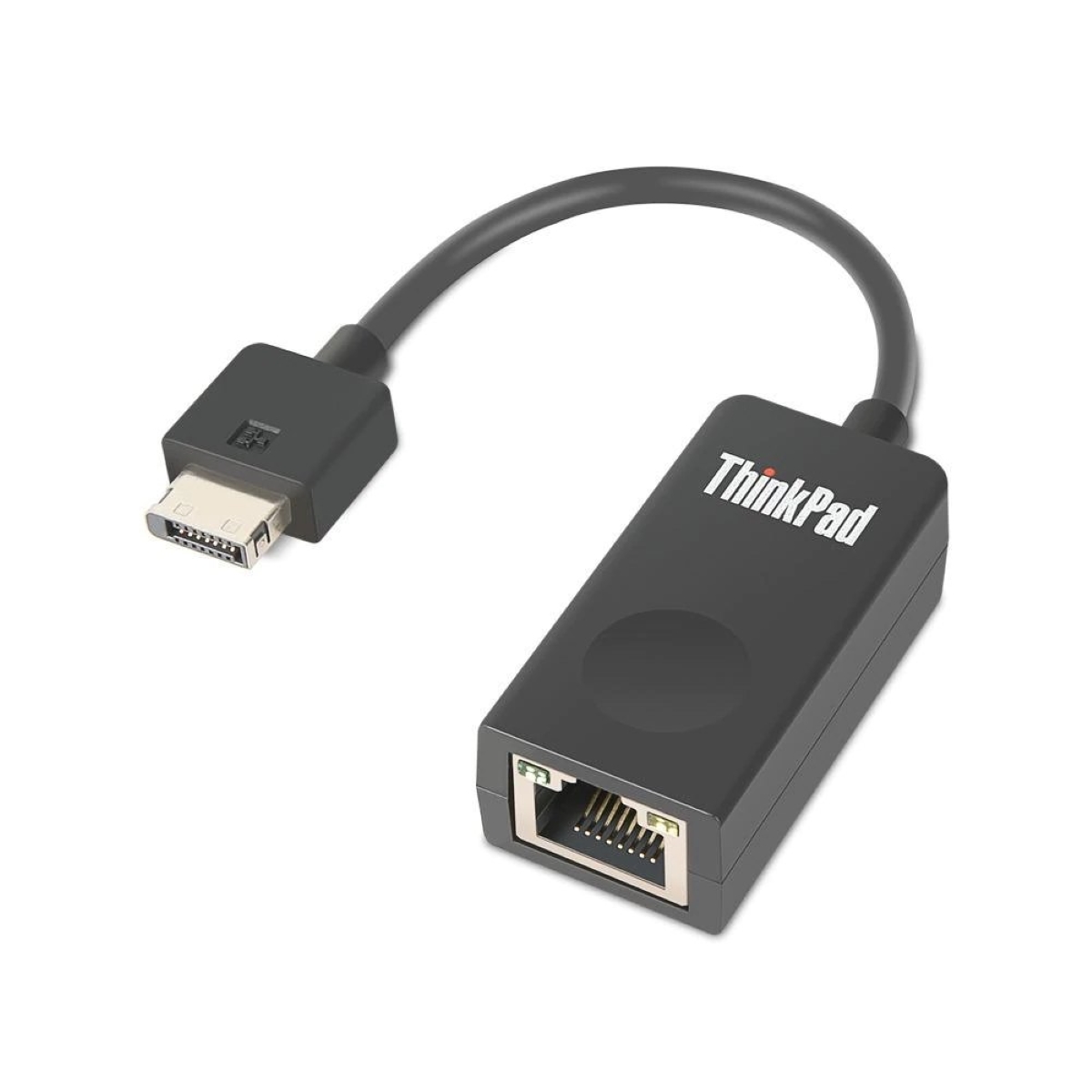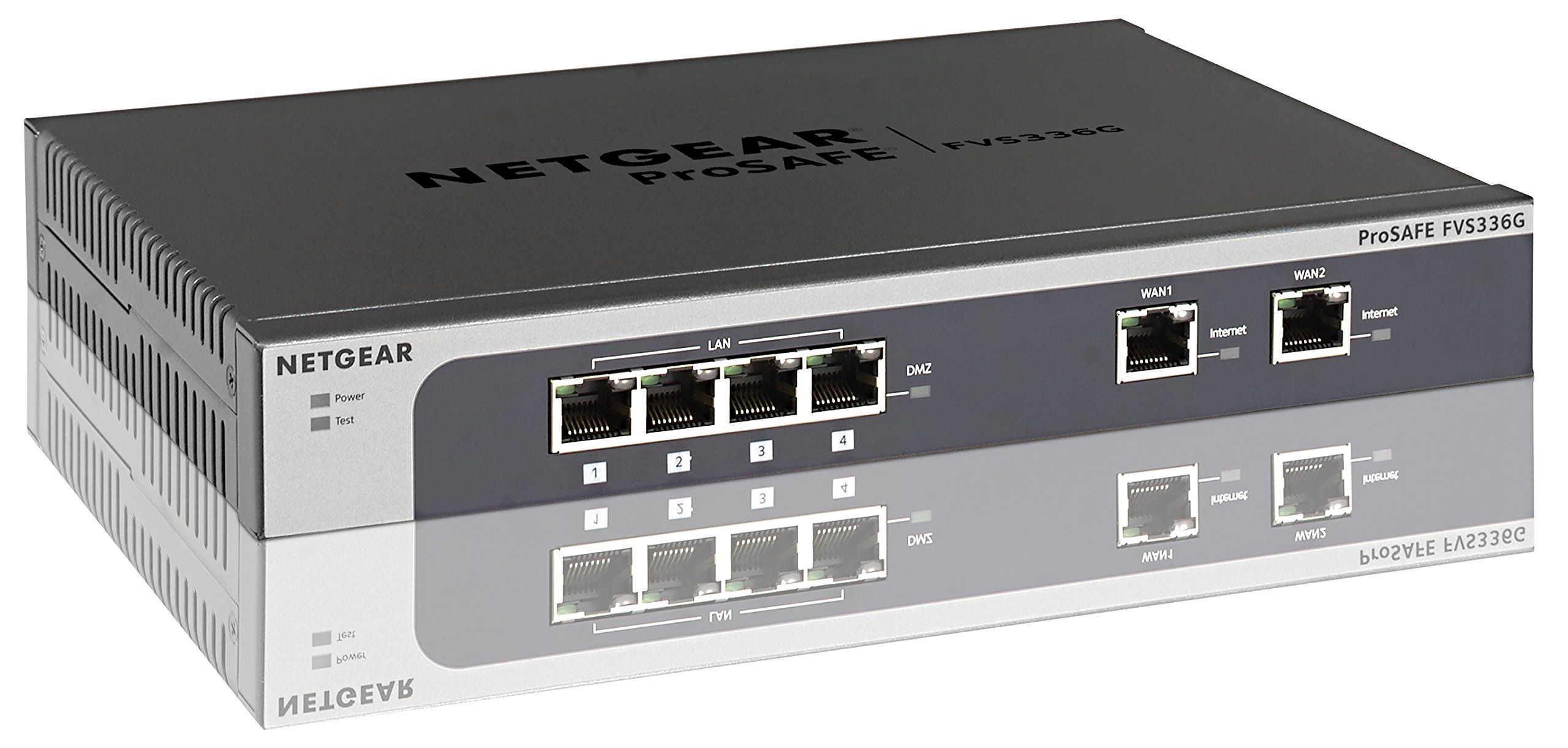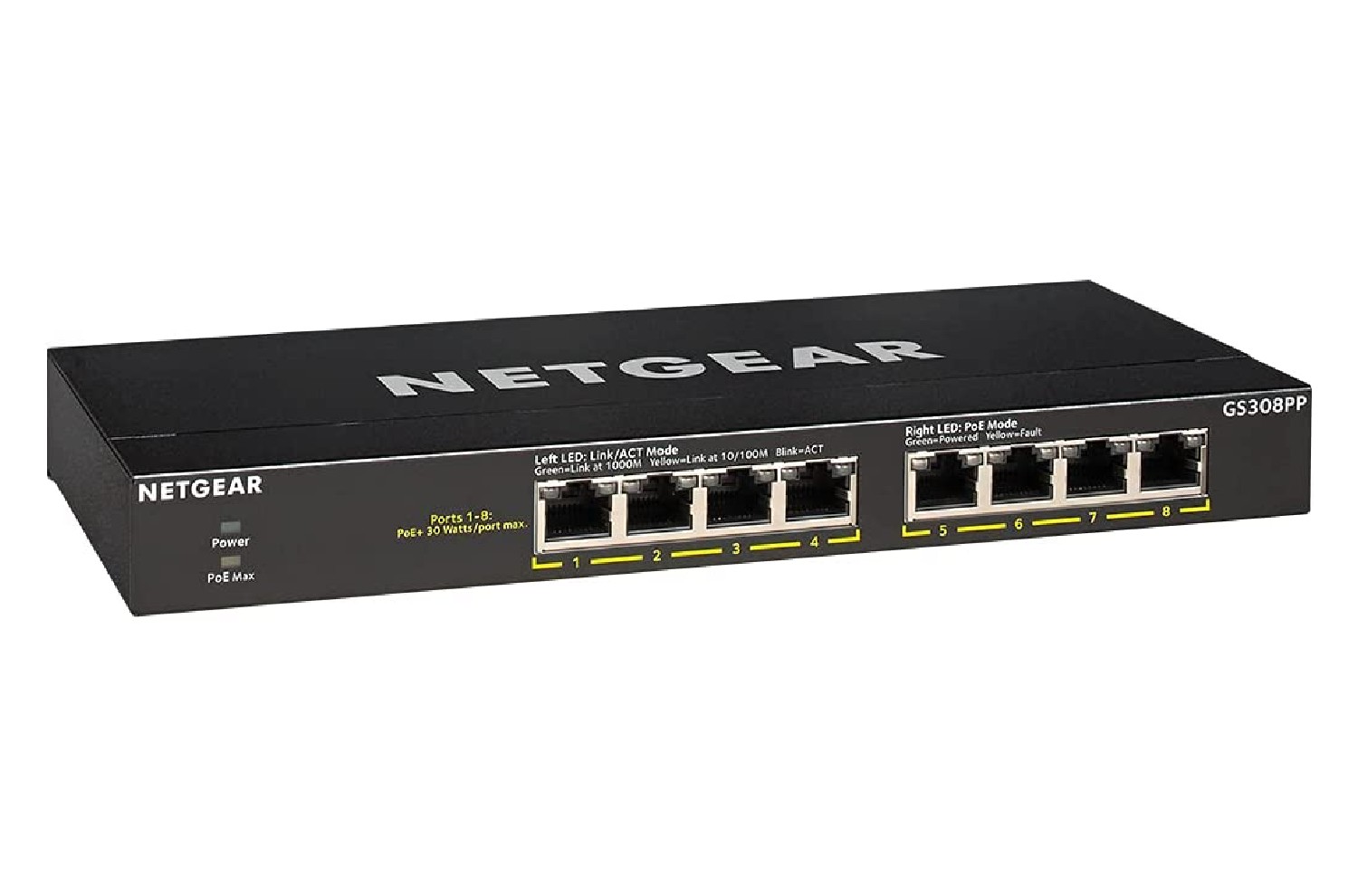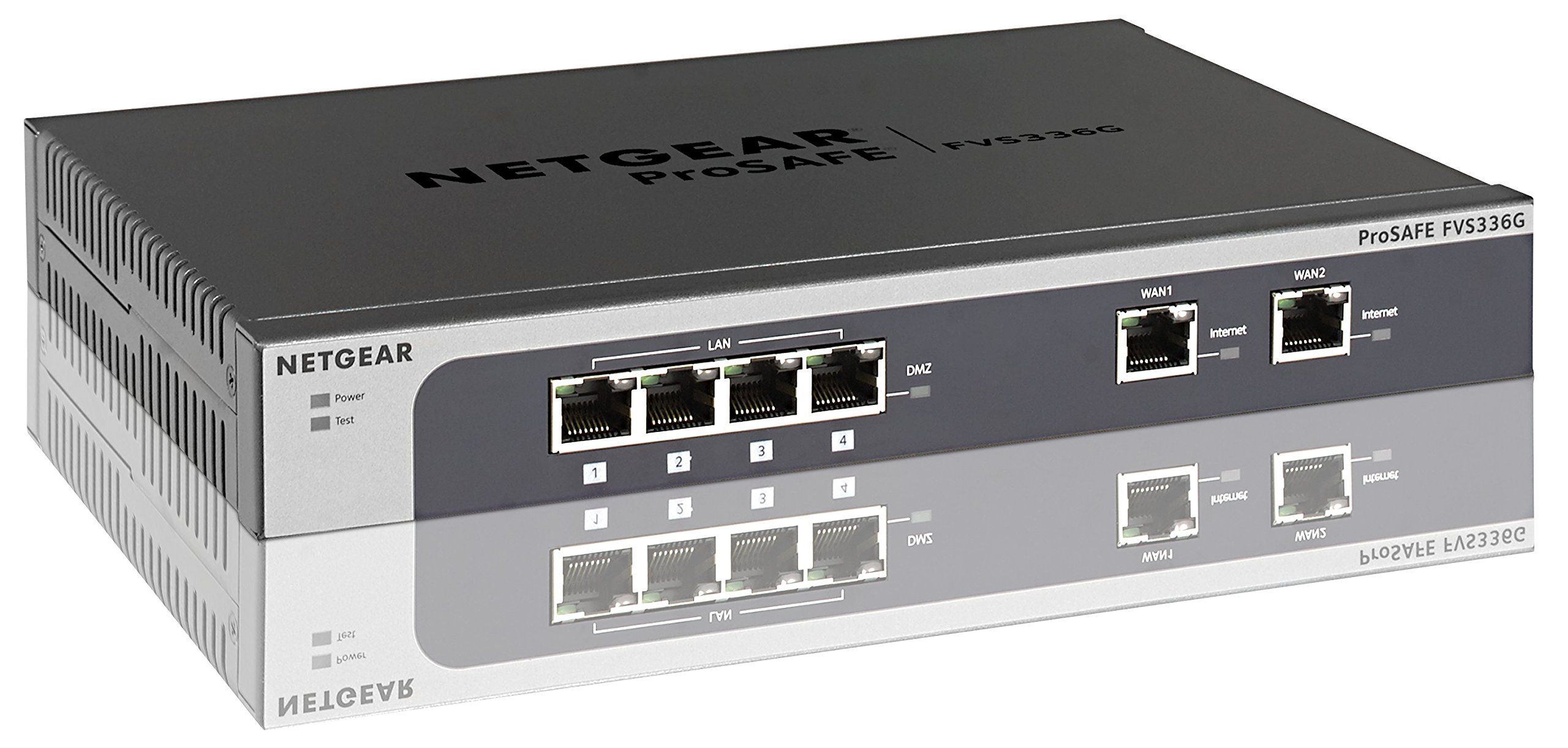Introduction
In today’s highly interconnected world, businesses rely heavily on efficient and reliable internet connectivity to stay competitive. Ethernet, a widely adopted networking technology, has revolutionized the way data is transmitted and has become an integral part of modern business communication. Business Ethernet services, also known as Ethernet over Fiber or EoF, provide dedicated high-speed internet connections to meet the demanding needs of enterprises.
Ethernet is a standardized method of connecting multiple devices within a local area network (LAN), allowing them to share information and resources seamlessly. Originally developed in the 1970s, Ethernet has evolved over the years to support faster speeds and higher data transfer rates. Today, it is the most widely used LAN technology and has rapidly expanded to support wide area networks (WANs) as well.
Business Ethernet services take advantage of the speed and reliability of Ethernet technology to provide organizations with fast, secure, and scalable internet connectivity. Whether businesses need to transmit large data files, run bandwidth-intensive applications, or connect multiple office locations, Ethernet services offer the necessary infrastructure to support their operations.
The benefits of Business Ethernet services are numerous. Firstly, it offers high bandwidth capacity, allowing businesses to transmit crucial data and multimedia content quickly and efficiently. Unlike other internet connection options, such as DSL or cable, Business Ethernet offers symmetrical upload and download speeds, ensuring consistent performance in both directions.
Additionally, Business Ethernet services provide a dedicated connection, meaning the bandwidth is not shared with other users. This guarantees reliable and consistent performance, even during peak business hours when network congestion is common. Businesses can depend on their internet connection to be available and responsive at all times, enabling them to operate smoothly without interruptions or slowdowns.
Another advantage of Business Ethernet services is its scalability. As businesses grow and their bandwidth requirements increase, Ethernet services can easily accommodate the expansion. Service providers can quickly and efficiently upgrade the connection to higher bandwidth levels without the need for extensive infrastructure changes. This flexibility allows businesses to adapt to changing needs while keeping costs under control.
What is Ethernet?
Ethernet is a widely adopted networking technology that enables the connection of multiple devices, such as computers, servers, printers, and switches, within a Local Area Network (LAN). It provides a means of transmitting data packets between devices, allowing them to communicate and share resources effectively. With Ethernet, devices can connect to a network and access the internet, exchange information, and interact with other devices in a seamless and efficient manner.
The foundation of Ethernet is based on the concept of frames, which are packets of data that are encapsulated in an Ethernet header and trailer. These frames contain the source and destination MAC addresses, ensuring that the data reaches its intended recipient. The Ethernet protocol defines the rules and standards for organizing, transmitting, and receiving these frames, ensuring reliable and error-free communication between devices.
Ethernet operates on a physical layer, using various types of cables, such as twisted pair copper, fiber optic, or coaxial cables, to transmit data signals. The most commonly used Ethernet standard is known as Ethernet IEEE 802.3, which specifies the physical and data link layer protocols for Ethernet networks. It defines the maximum data rate, frame format, and the method of collision detection and resolution.
Ethernet has evolved significantly since its inception, with successive generations offering faster speeds and improved performance. Initially, Ethernet supported data transfer rates of 10 Mbps (megabits per second), but as technology advanced, Ethernet speeds increased to 100 Mbps, 1 Gbps (gigabit per second), 10 Gbps, and even higher.
One of the key advantages of Ethernet is its versatility. It can be used for both wired and wireless connections, providing flexibility in network design and deployment. Ethernet technology is widely used in homes, businesses, data centers, and telecommunications networks, making it the standard for connecting devices and establishing reliable network connections.
Overall, Ethernet is a fundamental technology that underpins modern networking, allowing devices to communicate and collaborate efficiently. Its scalability, reliability, and high-performance capabilities make it the preferred choice for both small businesses and enterprise networks, ensuring seamless connectivity and efficient data transfer.
What are Business Ethernet Services?
Business Ethernet services, also known as Ethernet over Fiber or EoF, are dedicated high-speed internet connections designed to meet the demanding connectivity needs of businesses. These services utilize Ethernet technology to provide fast, secure, and scalable internet connectivity, allowing organizations to efficiently transmit data, run bandwidth-intensive applications, and connect multiple office locations.
Unlike consumer-grade internet connections, which are shared among multiple users, Business Ethernet services offer dedicated connections. This means that the bandwidth is exclusively allocated to a single business, ensuring consistent and reliable performance. With dedicated connectivity, businesses can enjoy faster speeds and higher reliability, enabling them to operate seamlessly without worrying about network congestion or slowdowns.
Business Ethernet services provide high bandwidth capacity, making them ideal for businesses with data-intensive operations. Whether it’s transferring large files, hosting multimedia content, or running cloud-based applications, Ethernet services offer the necessary infrastructure to handle the demands of modern businesses. With symmetrical upload and download speeds, businesses can transmit data quickly and efficiently in both directions.
Scalability is another crucial aspect of Business Ethernet services. As businesses grow and their bandwidth requirements increase, Ethernet services can easily accommodate the expansion. Service providers can quickly upgrade the connection to higher bandwidth levels without the need for extensive infrastructure changes. This scalability allows businesses to adapt to changing needs and maintain optimal performance without disrupting their operations.
Business Ethernet services offer enhanced security features to protect sensitive data and ensure the privacy of business communication. With advanced encryption protocols and secure network architectures, Ethernet services provide a secure platform for businesses to transmit and store their data. This makes them suitable for industries that handle confidential and regulated information, such as finance, healthcare, and legal sectors.
Moreover, Business Ethernet services often come with service level agreements (SLAs) that guarantee uptime and performance standards. These SLAs ensure that businesses have reliable access to their internet connection, minimizing downtime and interruptions. In case of any issues, service providers have dedicated support teams to quickly address and resolve any connectivity or performance-related concerns.
Overall, Business Ethernet services provide businesses with a robust, high-performance, and scalable internet connectivity solution. With dedicated bandwidth, faster speeds, enhanced security, and reliable uptime, Ethernet services enable businesses to stay connected, collaborate efficiently, and leverage advanced digital technologies to drive growth and success.
Benefits of Business Ethernet Services
Business Ethernet services offer a multitude of benefits that make them an attractive choice for organizations seeking reliable and high-performance internet connectivity. These benefits contribute to improved productivity, enhanced efficiency, and seamless operations. Here are some of the key advantages of utilizing Business Ethernet services:
- High Bandwidth Capacity: Business Ethernet services provide businesses with access to high bandwidth capacity, allowing for faster data transfers and efficient communication. This is especially beneficial for organizations that deal with large files, video conferencing, and other bandwidth-intensive applications.
- Symmetrical Speeds: Unlike consumer-grade internet connections that have asymmetrical speeds (faster download speeds than upload speeds), Business Ethernet services offer symmetrical speeds, ensuring optimal performance for both uploading and downloading data.
- Dedicated Connection: With Business Ethernet services, businesses have a dedicated internet connection, which means that bandwidth is not shared with other users. This guarantees reliable and consistent performance, even during peak usage periods.
- Scalability: Business Ethernet services are highly scalable, allowing organizations to easily upgrade their bandwidth as their needs grow. This flexibility ensures that businesses can adapt to changing demands without the need for major infrastructure changes or disruptions.
- Reliability: Ethernet services often come with service level agreements (SLAs), guaranteeing uptime and performance standards. This ensures that businesses have a reliable and uninterrupted internet connection, minimizing downtime and maximizing productivity.
- Enhanced Security: Business Ethernet services offer advanced security features, including encryption protocols and secure network architectures, to protect sensitive business data. This makes them suitable for industries that handle confidential and regulated information.
- Improved Collaboration: With high-speed and reliable internet connectivity, businesses can leverage cloud-based applications, video conferencing, and other collaboration tools to enhance communication and teamwork. This leads to better productivity and streamlined operations.
The benefits mentioned above make Business Ethernet services a preferred choice for businesses that require a robust, scalable, and secure internet connection. By leveraging the advantages of Ethernet technology, organizations can ensure efficient data transmission, seamless collaboration, and reliable connectivity, ultimately driving their success and growth in today’s digital landscape.
How Business Ethernet Services Work
Business Ethernet services utilize Ethernet technology to provide dedicated high-speed internet connectivity to organizations. Understanding how Business Ethernet services work can help businesses make informed decisions when selecting a provider and optimizing their network infrastructure. Here’s a breakdown of the key components and processes involved in Business Ethernet services:
1. Connection Establishment: To obtain Business Ethernet services, an organization typically enters into an agreement with a service provider. The provider establishes the physical connection from the organization’s premises to their network infrastructure, often using fiber optic cables to ensure high-speed and reliable connectivity.
2. Network Infrastructure: Service providers operate a network infrastructure that spans a wide geographic area. This infrastructure includes data centers, Points of Presence (PoPs), and network switches that handle the transmission of data packets between the organization and the global internet.
3. Data Transmission: In a Business Ethernet service setup, data is transmitted in the form of Ethernet frames. These frames encapsulate the data to be transmitted and include information such as source and destination MAC addresses, ensuring the proper routing and delivery of information.
4. Bandwidth Allocation: Business Ethernet services offer dedicated bandwidth to each organization, meaning the available capacity is exclusively allocated to the customer. This ensures consistent and reliable performance, as the organization does not have to contend with other users for bandwidth resources.
5. Service Level Agreements (SLAs): Business Ethernet service agreements often include SLAs that define the quality and reliability of the service. SLAs outline metrics such as uptime, latency, and response times, ensuring that the service provider meets the agreed-upon performance standards.
6. Scalability: One of the strengths of Business Ethernet services is their scalability. Service providers can easily upgrade the bandwidth available to the organization as its needs grow, typically without the need for extensive physical infrastructure changes. This scalability ensures that businesses can adapt to their evolving demands without disruptions.
7. Support and Maintenance: Service providers typically offer support and maintenance services to ensure the smooth operation of Business Ethernet connections. This includes troubleshooting network issues, addressing connectivity disruptions, and providing technical assistance to resolve any challenges that may arise.
Overall, Business Ethernet services work by utilizing Ethernet technology to provide dedicated high-speed and reliable internet connectivity to organizations. By having a dedicated connection, optimized network infrastructure, and scalability, businesses can leverage Business Ethernet services to meet their growing connectivity needs and drive their success in today’s digital era.
Types of Business Ethernet Services
Business Ethernet services offer a range of options to cater to the diverse connectivity needs of organizations. When considering Business Ethernet services, businesses can choose from various types depending on factors such as their bandwidth requirements, geographic location, and budget. Here are some of the common types of Business Ethernet services available:
- Ethernet over Copper (EoC): EoC services utilize existing copper infrastructure to deliver Ethernet connectivity. This type of service is suitable for businesses located in areas where fiber optic infrastructure may not be readily available. While EoC may not offer the same speeds as fiber, it provides a cost-effective option for businesses seeking reliable Ethernet connectivity.
- Ethernet over Fiber (EoF): EoF is a popular choice for businesses that require high-speed and reliable internet connectivity. This service utilizes fiber optic cables to transmit data, offering faster speeds and greater bandwidth capacity. EoF is ideal for organizations dealing with large data transfers, multimedia content, and bandwidth-intensive applications.
- Managed Ethernet: Managed Ethernet services provide additional features and support beyond basic connectivity. These services often include monitoring, maintenance, and technical support, ensuring the smooth operation of the Ethernet connection. Managed Ethernet services are suitable for businesses that require a higher level of service and technical assistance.
- Point-to-Point Ethernet: Point-to-Point Ethernet services establish a direct and private connection between two locations, such as connecting a main office with a remote branch. This type of service offers dedicated and secure connectivity for organizations that need to transmit data between specific locations with minimal latency.
- Ethernet Virtual Private Line (EVPL): EVPL services provide a virtual private network connection over an Ethernet infrastructure. These services allow businesses to connect multiple locations and create a secure and private network for their data transmission needs. EVPL services are suitable for organizations with geographically dispersed offices that require seamless communication between locations.
When selecting a type of Business Ethernet service, businesses should consider their specific requirements, such as required bandwidth, network infrastructure availability, geographical coverage, and budget. Consulting with a qualified network provider can help businesses determine the most suitable type of Business Ethernet service to meet their connectivity needs.
Overall, the availability of different types of Business Ethernet services ensures that organizations can find a solution that aligns with their specific requirements, enabling them to benefit from high-speed, reliable, and scalable internet connectivity to support their operations.
Choosing the Right Business Ethernet Service Provider
Selecting the right Business Ethernet service provider is crucial for ensuring reliable, high-performance internet connectivity that meets the unique needs of your organization. With numerous providers in the market, it’s important to consider several factors before making a decision. Here are some key considerations when choosing a Business Ethernet service provider:
- Network Coverage and Availability: Ensure that the service provider offers coverage in your area and has the infrastructure to support your connectivity needs. Check their network map or consult with them directly to ensure they can deliver Business Ethernet services to your location.
- Bandwidth Options: Assess your organization’s bandwidth requirements and choose a provider that offers scalable options to accommodate your future growth. A provider that offers flexible bandwidth options can help you avoid unnecessary costs and ensure optimal performance.
- Reliability and Performance Guarantees: Look for service providers that offer Service Level Agreements (SLAs) guaranteeing uptime, latency, and response times. This ensures that your business will have a reliable and high-performing internet connection, minimizing downtime and disruptions to your operations.
- Customer Support and Service: Evaluate the provider’s customer support options and responsiveness. A reliable service provider should have dedicated customer support teams available 24/7 to address any connectivity issues or technical concerns promptly.
- Security Measures: Consider the provider’s approach to security and data protection. Ensure they have robust encryption protocols and secure network architectures in place to safeguard your sensitive business data. Compliance with industry regulations may also be important, depending on your sector.
- Cost and Value: Compare the pricing models and packages offered by different providers. Evaluate the overall value by considering the reliability, performance, and support provided in relation to the cost. Look for providers that offer competitive pricing without compromising on the quality of service.
- Provider Reputation and Experience: Research the provider’s reputation and experience in delivering Business Ethernet services. Look for reviews, testimonials, and case studies to gauge the satisfaction levels of existing customers and their track record in the industry.
Taking the time to carefully evaluate and compare different Business Ethernet service providers will help ensure that you choose the right partner for your organization’s internet connectivity needs. Consider your specific requirements, conduct thorough research, and reach out to multiple providers to gather information and solicit proposals. By selecting a reliable and reputable provider, you can confidently establish a robust and scalable Business Ethernet connection to support your business operations.
Conclusion
Business Ethernet services offer organizations a reliable, high-speed, and scalable solution for their internet connectivity needs. With dedicated bandwidth, symmetrical speeds, and enhanced security features, Ethernet services provide businesses with the necessary infrastructure to transmit data, run bandwidth-intensive applications, and connect multiple office locations seamlessly.
Ethernet, as a widely adopted networking technology, has evolved over the years to support faster speeds and higher data transfer rates. Businesses can take advantage of this technology to optimize their communication and collaboration, streamline operations, and enhance productivity.
The benefits of Business Ethernet services are numerous. Organizations can enjoy high bandwidth capacity, symmetrical speeds, and a dedicated connection, ensuring faster and more reliable performance. The scalability of Ethernet services allows businesses to easily adapt to evolving needs without major infrastructure changes. The added security measures provide peace of mind, especially for industries that handle sensitive and regulated information.
When selecting a Business Ethernet service provider, businesses should consider factors such as network coverage, bandwidth options, reliability guarantees, customer support, security measures, pricing, and provider reputation. By conducting thorough research and comparing different providers, organizations can choose the right partner that meets their specific requirements and delivers a seamless internet connectivity experience.
In conclusion, Business Ethernet services offer organizations a dependable and efficient solution for their connectivity needs. With their high-speed capabilities, scalability, and enhanced security, Ethernet services empower businesses to leverage digital technologies and drive growth in today’s increasingly connected world.







